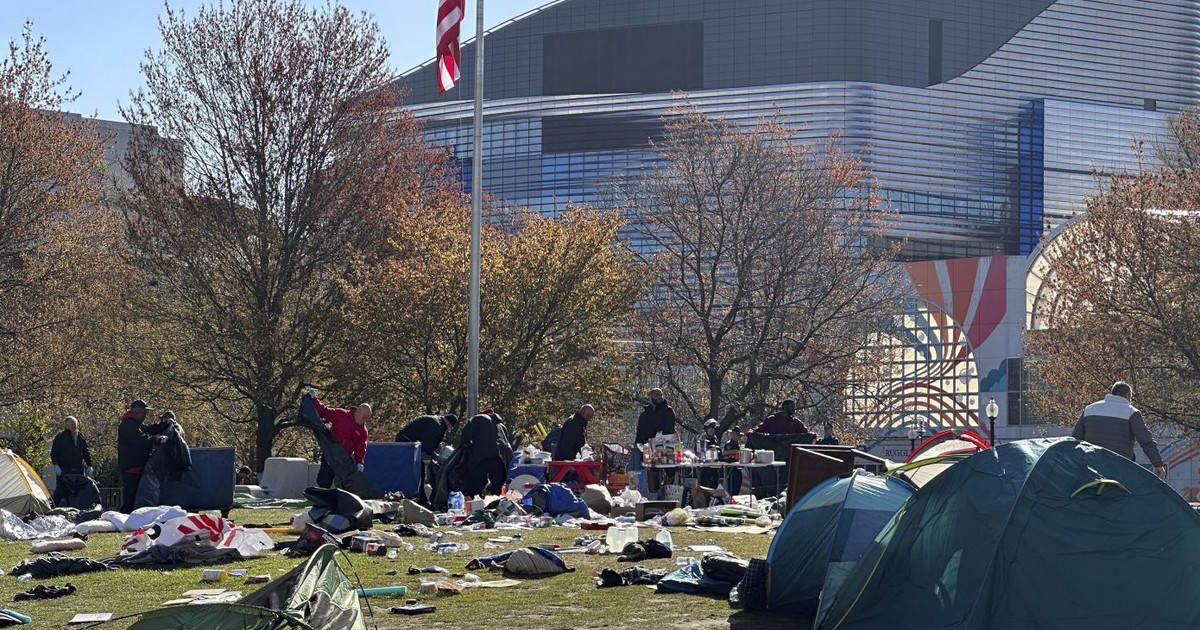To sleep less than seven hours a night may increase the risk of developing high pressure long-term, according to a new study that will be presented at the Annual Scientific Session of the American College of Cardiologyon April 7th.
Previous studies have shown a relationship between sleep patterns and hypertension, but evidence about the nature of this association is still inconsistent, according to the researchers of the current study.
The current research brought together data from 16 studies carried out between January 2000 and May 2023, evaluating the incidence of hypertension in more than 1 million people from six countries who had no prior history of high blood pressure. These people were followed for an average period of five years — follow-up ranged from 2.4 to 18 years.
According to the analysis, short sleep duration was significantly related to a higher risk of developing hypertension after adjusting for demographic and cardiovascular risk factors, including age, sex, education, BMI (body mass index), blood pressure and smoking status.
The association between hypertension and short sleep duration was even greater among those who slept less than five hours per night.
“Based on the most up-to-date data, the less you sleep – that is, less than seven hours a day – the more likely you are to develop high blood pressure in the future,” says Kaveh Hosseini, assistant professor of cardiology at the Tehran Heart Center in Iran. and lead author of the study.
“We saw a trend between longer sleep duration and higher occurrence of hypertension, but it was not statistically significant. Getting seven to eight hours of sleep, as recommended by sleep experts, may also be best for your heart,” he adds.
Sleeping less than seven hours a night can increase your risk of having high blood pressure by 7%
According to the study, sleep less than seven hours per night is associated with a 7% higher risk of developing high blood pressure . In people who slept less than five hours this risk increases to 11% . For comparison, conditions such as diabetes and smoking increase the risk of hypertension by at least 20%, according to Hosseini.
For the author of the study, this association may be due to sleep disturbance, which can be caused by an unhealthy lifestyle, with a diet rich in saturated fats and alcohol use, in addition to night work, use of certain medications, anxiety, depression, sleep apnea and other sleep-related disorders.
The study also noted that when compared to men, women who slept less than seven hours a night had a 7% higher risk of developing high blood pressure .
“Too little sleep appears to be more risky in women,” said Hosseini. “The difference is statistically significant, although we are not sure it is clinically significant and should be studied further. What we see is that a lack of good sleep patterns can increase the risk of high blood pressure, which we know can set the stage for heart disease and stroke.”
The study has limitations, such as the fact that sleep duration was self-reported (i.e., based on reports from the study participants themselves, which may not be completely accurate to reality). Furthermore, in the studies analyzed by the current research, there were variations in the definition of what constitutes a short sleep duration.
“More research is needed to evaluate the association between sleep duration and high blood pressure using more precise methods, such as polysomnography, a method to assess sleep quality more accurately,” says Hosseini. “Furthermore, variations in baseline sleep duration underscore the need for a standardized definition in sleep research to improve comparability and generalizability of results across diverse studies.”
Source: CNN Brasil
I am an experienced journalist and writer with a career in the news industry. My focus is on covering Top News stories for World Stock Market, where I provide comprehensive analysis and commentary on markets around the world. I have expertise in writing both long-form articles and shorter pieces that deliver timely, relevant updates to readers.






